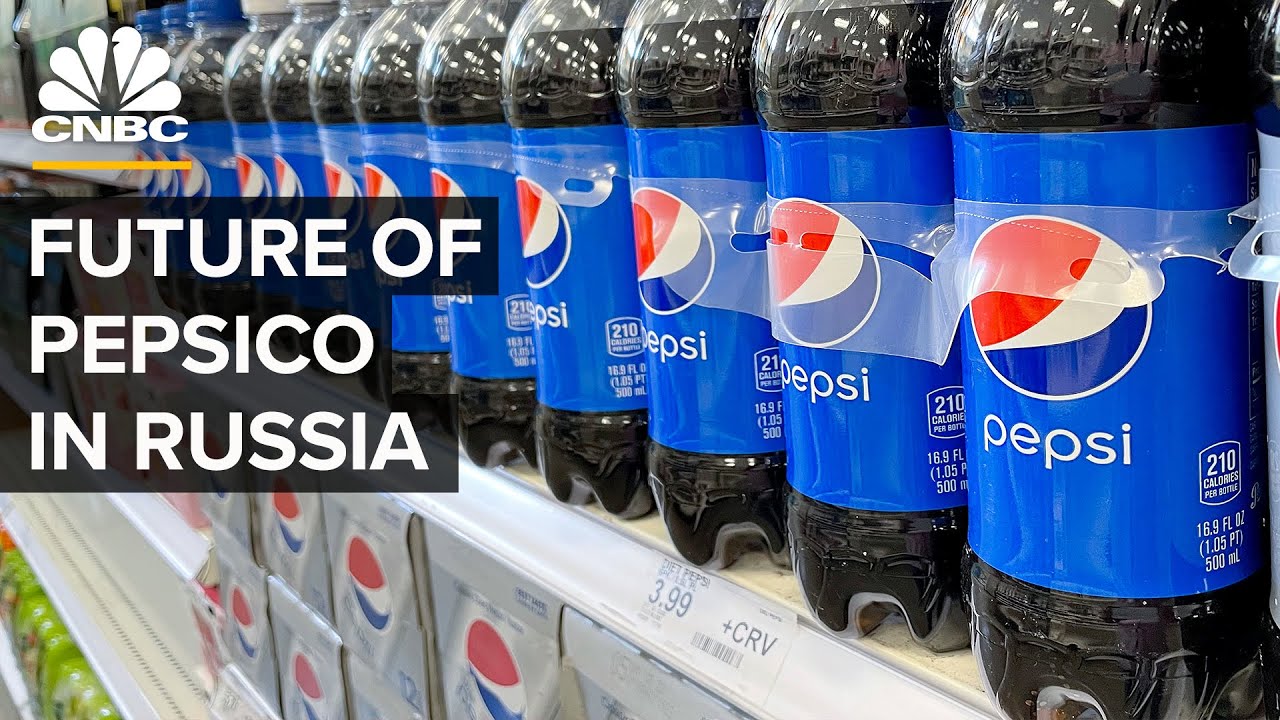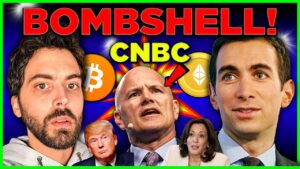Following Moscow's invasion
of Ukraine, multinational Companies have withdrawn
from Russia in staggering Numbers. More than 700 U.S. Companies have scaled back,
suspended or exited their Russia business, including
Starbucks, McDonald's and Pepsi. Russia is Pepsi's
second largest international Market after Mexico. The company generated $3.4
billion in Russia in 2021, About 4% of its 79 billion
in revenue. Even though Russia is not
perhaps as integrated into The global economy as some
other emerging markets, even With this caveat, the fact
that we now see this total Exodus of Western
multinationals will have a Tremendous impact on
Russia, both tangible and Intangible. But not every company is
scaling back their Operations in Russia. Over 190 companies,
including International Paper, Koch Industries and
Emirates, are still Operating normally in the
country. So what led Pepsi's
decision to pull back in Russia, and how likely is
it for the soft drink maker To resume normal operations
after the conflict is no Longer in the spotlight? Pepsi got its start in
Russia in 1959, when Soviet Premier Nikita Khrushchev
sampled Pepsi for the first Time at an exhibit of
American products in Moscow. 15 years later, the soft
drink maker opened a Bottling plant in Russia,
becoming one of the first Western consumer brands to
be produced in the country. I grew up in the Soviet
Union and some of the best Memories of my childhood
are of Pepsi Cola. So Pepsi was, of course,
present in the Soviet market As the first Western
company.
Ever since the sixties. And it was making
investments in Russian Businesses, too. In 2008, PepsiCo and the
Pepsi Bottling Company Acquired a 75% stake in
Russia's largest juice Company for $1.4 billion. Two years later, it bought
Russian juice and dairy Company Wimm-Bill-Dann for
over 5 billion. The company's name, which
sounds like the British Tennis tournament, was
meant to evoke a foreign Brand due to a low standing
of Russian made products at The time. Following the
acquisition, Russia made up About 7% of Pepsi's sales. In 2021, North American
beverages at Pepsi made up 32% of net revenue,
followed by its Frito-Lay North America snack
division, which compromised 25% of net revenue. Sales in Europe made up
16%. They are quite a different
business than Coca Cola, far More reliant on the United
States, which accounts for About 50% of the business
and then certainly unique Given the exposure to the
salty snacks category. But it was Russia's
invasions of Ukraine, which Had an even bigger impact
on Pepsi's Russia business. On March 8th, almost two
weeks after the start of the Conflict, Pepsi suspended
the sale of Pepsi Cola, 7UP And Maranda, as well as
capital investments and Promotional activities. And it announced that it
was donating 4 million to NGOs, including the Red
Cross in Poland. The company said it would
continue to sell products Like milk, baby formula and
baby food in the country and Continue to support the
livelihoods of its 20,000 Associates and 40,000
Russian agricultural
Workers. Pepsi's Ukraine
operations were also Suspended, allowing
associates there to seek Safety for themselves and
their families. So they haven't transferred
any of their assets. They are pursuing more
aggressive tactics. So what they've said is
they're going to suspend the Sale of the commercial
beverages, no more Incremental investments and
no advertising, but the Assets remain within
Pepsi's control. So what factors led to the
decision by multinational Companies like Pepsi to
suddenly pull back from Russia when other
conflicts, including the Saudi led war in Yemen,
have been largely ignored? One of the last large scale
boycotts by multinational Companies occurred more
than three decades ago in South Africa, partially
assisted by the Comprehensive Anti
Apartheid Act passed by Congress in 1986. South Africa's economy was
under pressure in the late Eighties from both internal
and external boycotts. In recent years, there have
been a couple of big Changes, according to
Stanislav Marcus, a Professor of international
business. For starters, the political
risk of international Warfare is back. Second, the rise of social
media means there is greater Transparency in everything
from documenting war crimes To visibility on which
country a company chooses to Operate in. If you are the CEO of a
company and you are listed In the wrong category, you
are the one who is still Seen as Putin's friend. Again, however justified
that perception might be, That puts tremendous
pressure on you to not be
Seen in that very negative
light. I mean, who wants to be
associated with a war Criminal? Since the start of the
invasion, the Yale School of Management has tracked the
responses of over 1000 Companies analyzing their
decision to stay or curtail Their Russian operations. The group found 298
companies had totally halted Their Russian business
activities or exited the Country. 362 companies
suspended operations, but Were keeping options open
for a possible return. 110 companies, including
Pepsi, scaled back their Businesses. 140 companies
were buying time, and 191 Companies were continuing
business as usual. Corporations exiting Russia
could impact the country's Economy in multiple ways,
including the loss of jobs, The loss of investment and
the loss of Western Technology. The decision
could also force Russian Citizens to recalibrate how
they think about their Leaders. Another trend
which could impact Multinational corporations
is the move towards Globalization and the rise
of Cold War era blocs, with China and Russia in one
corner, the West in another, And many developing
countries somewhere in the Middle. Obviously globalization came
only after the Soviet Union Collapsed. And it was based
on the idea that we're all Part of a single market. That's no longer the case. It will be very difficult
for corporations to say take Advantage of cheap labor in
one market, take advantage Of advanced technology in
another market, and while at The same time having a very
efficient, lean global Supply chain that seems to
be heading for major
Trouble. But despite those issues,
analysts think Pepsi could Have an easier time moving
back into Russia than other Companies, given its
history with the country. Yes, everybody is leaving
Russia. And Pepsi, of course, has
also suspended the sales of Its beverages. I think it
still has kept production of Milk and baby formula for
kind of what they say are Humanitarian reasons. But no doubt they are also
looking into the possibility Of coming back to Russia as
soon as possible. The assets do remain within
Pepsi's control and so it's Really just a business
decision around whether they Want to re commercialize
those beverages and resume Production of those
offerings.





